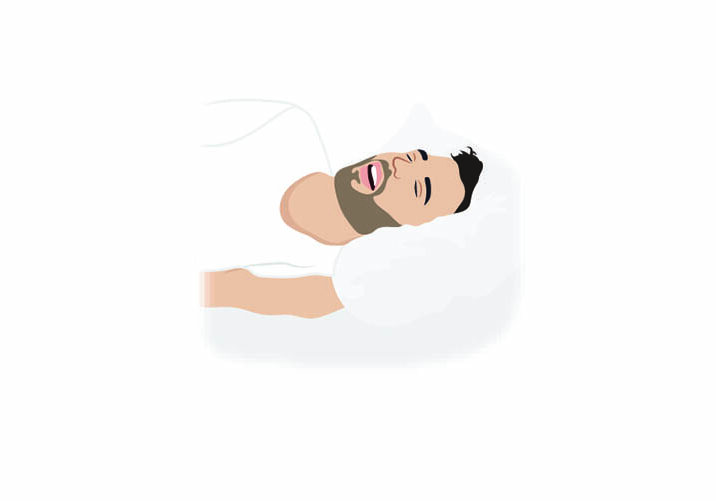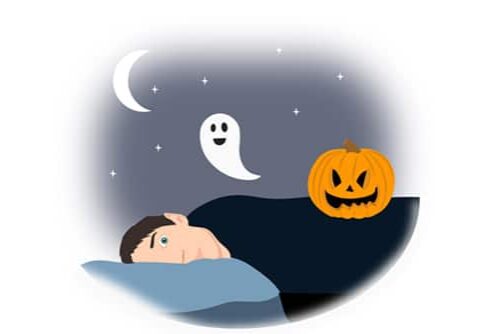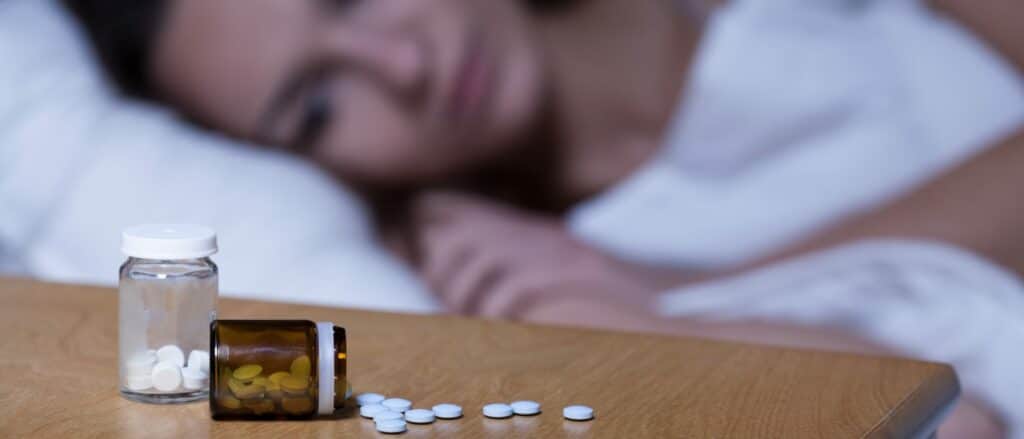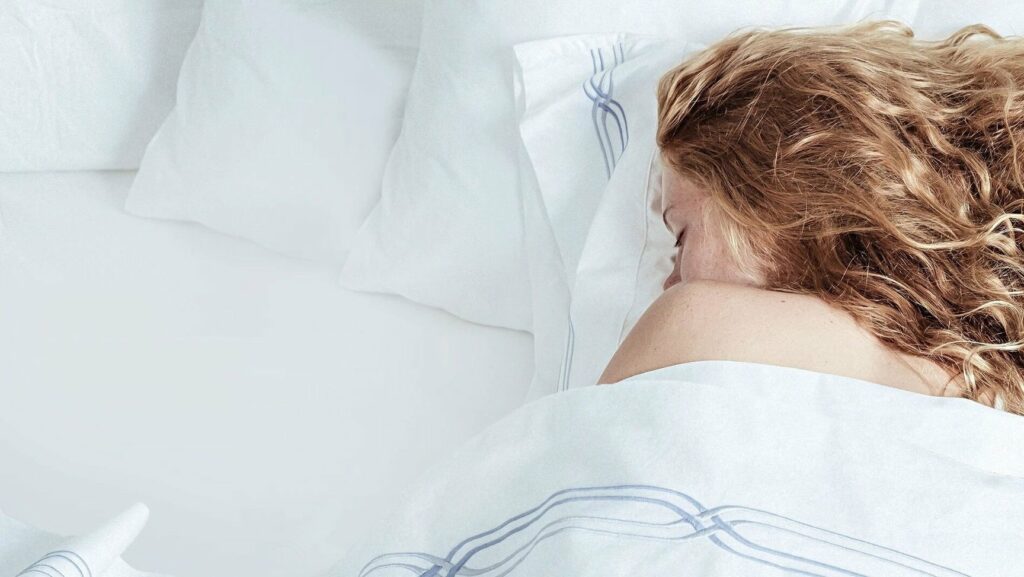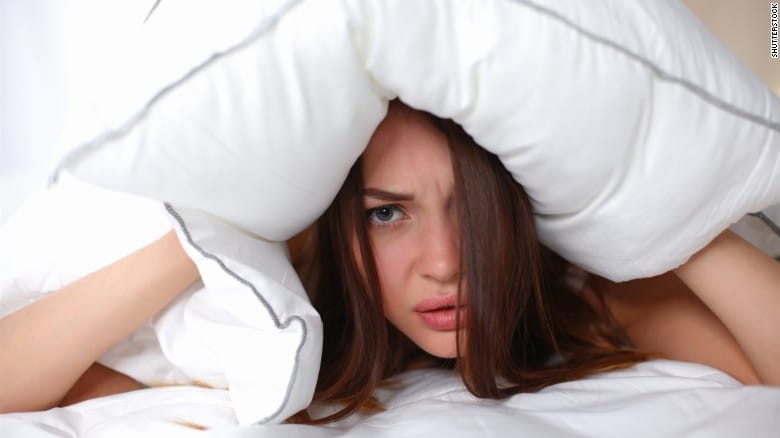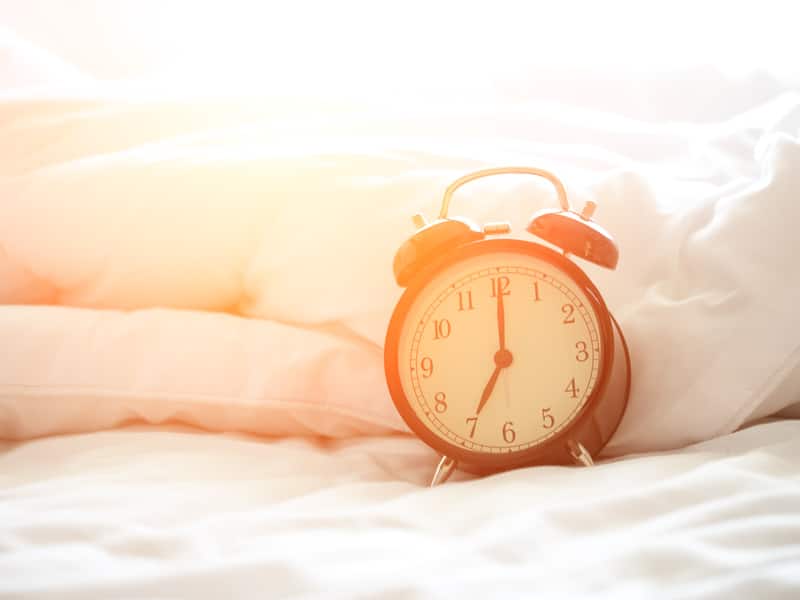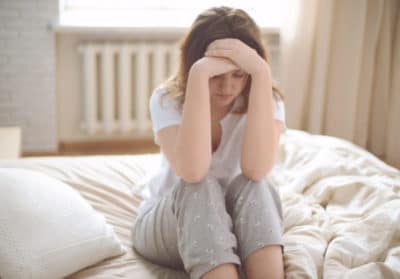
How Trauma Impacts Sleep
According to the National Center for PTSD, roughly 60 percent of men and 50 percent of women will experience at least one traumatic event in their lifetime. These traumatic events may be physical and/or psychological and can have devastating impacts on one’s life. While the effects of trauma differ greatly from person to person, the stress induced by a traumatic experience often causes significant and long lasting health problems. Of the most common problems people face after encountering a traumatic event, is significant disruptions in one’s sleep, and may be the most detrimental to both body and mind.
Sleep & Trauma
Sleep plays a key role in our mental health, which is why it is so important to address the effect trauma has on sleep. The disruption of one’s sleep wreaks havoc in the brain and impairs one’s ability to regulate emotions and process trauma – meaning trauma survivors get caught in a vicious cycle. The stress and anxiety brought on by a traumatic experience reduces the quality and quantity of one’s sleep, and this sleep deprivation decreases one’s ability to cope with the trauma causing it. A truly vicious cycle.
Of those who experienced trauma, sleep loss is most likely to last for months rather than days. Aside from exacerbating the mental effects that trauma causes, a lack of sleep also increases one’s risk of stroke, seizures, obesity, and heart disease.
What Now?
While attempting to move on after a traumatic life event, one can find themselves in a battle for their own mental peace and clarity. Whether you are currently coping with a trauma and have found yourself struggling to maintain a healthy sleep cycle or you simply want to safeguard yourself from the emotional and physical effects of a negative sleep pattern, the following tips can help you achieve optimal sleep and mental health.
– Try guided meditation: search online for guided meditation videos – it will help you decompress and calm your mind before bedtime. Deep breathing and progressive muscle relaxation are also techniques that will allow you to wind down after a stressful day.
– Aromatherapy: buy an oil diffuser and calming essential oils like chamomile, lavender, ylang ylang, and rose.- Start a relaxing bedtime ritual: every night before bedtime, do something that relaxes you. Cozy up in some blankets with a hot cup of tea (decaf!) and a good book or soak in a bath full of lavender and Epsom salts.
– Sleep in a safe environment: Turn your sleeping space into your own personal oasis where you feel safe — even if it is not in your bed. You can also try a white noise machine that can eliminate distracting noise and provides relaxing sounds to help you drift off to sleep.
– Decrease screen time: turn off all electronic devices 1 hour before bedtime to promote relaxation and ready your brain for sleep.
————–
Special thanks to our guest blogger: Christine Huegel, MattressAdvisor.com
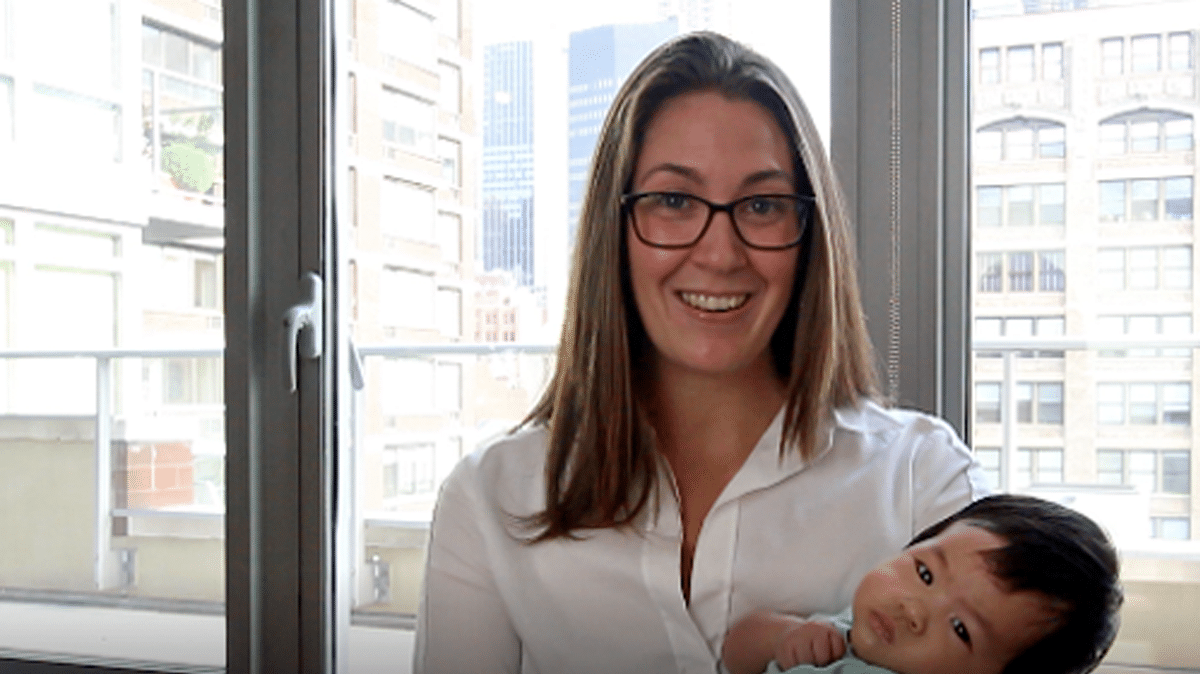
Don't just take our word for it.
We don’t take the term “sleep like a baby,” lightly. We know you don’t either. Want advice from a baby whisperer? Our sleep trainers understand.

